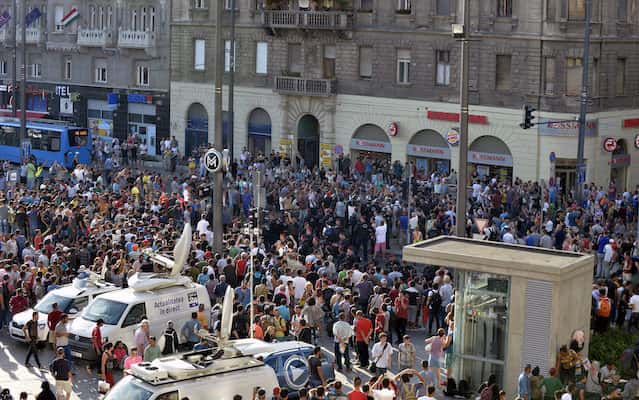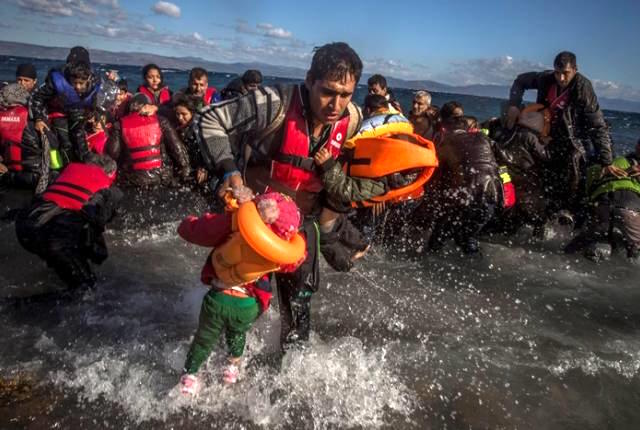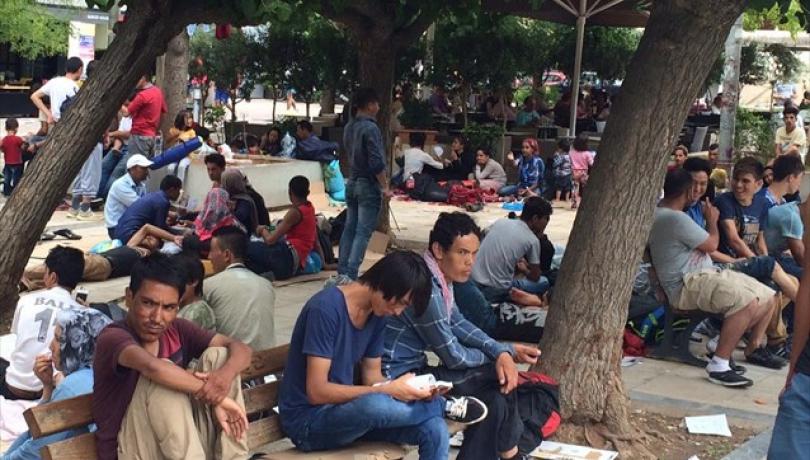From 2015 until now more than 1,300,000 immigrants have tried entering into Europe. Most of them get to Europe from Turkey to the Greek islands of Kos, Chios, Lesvos and Samos on small dinghies. 3,770 immigrants have died trying to cross the Mediterranean Sea and more than 800 of them died in the Aegean.
As the conflict in Syria continues and the violence increases in Afghanistan and Iraq, while poverty expands all around the world, more people are forced to look for another place to live.
Their final destination is to reach, through Greece and the West Balkans, mainly to central and north Europe. Germany has received the largest number of immigrants, but Hungary, Sweden and Austria have had the most asylum applications per 100,000 local population in 2015.
In the following reportages of BBC you may find more data on emigration and refugee flows and also the reactions of Greek Minister for Emigration to accusations against Greece. As it was the fashion during the financial crisis, Greece has become again the object of communication attacks, for not “keeping safe” its borders and threats of expelling it from the Shengen area. In fact most refugees are leaving in small boats from Turkey and, upon entering the Greek territorial waters they are destroying their boats, so Greek authorites have to save them and transport them to the coast. In fact, when they call Greece to protect better its frontiers that means to dawn the refugees. If Greece would do it, a huge world outcry would certainly follow
http://www.bbc.com/news/world-europe-34131911











